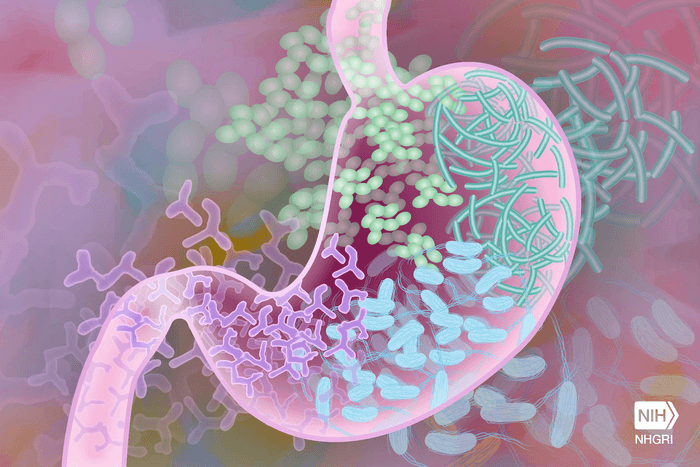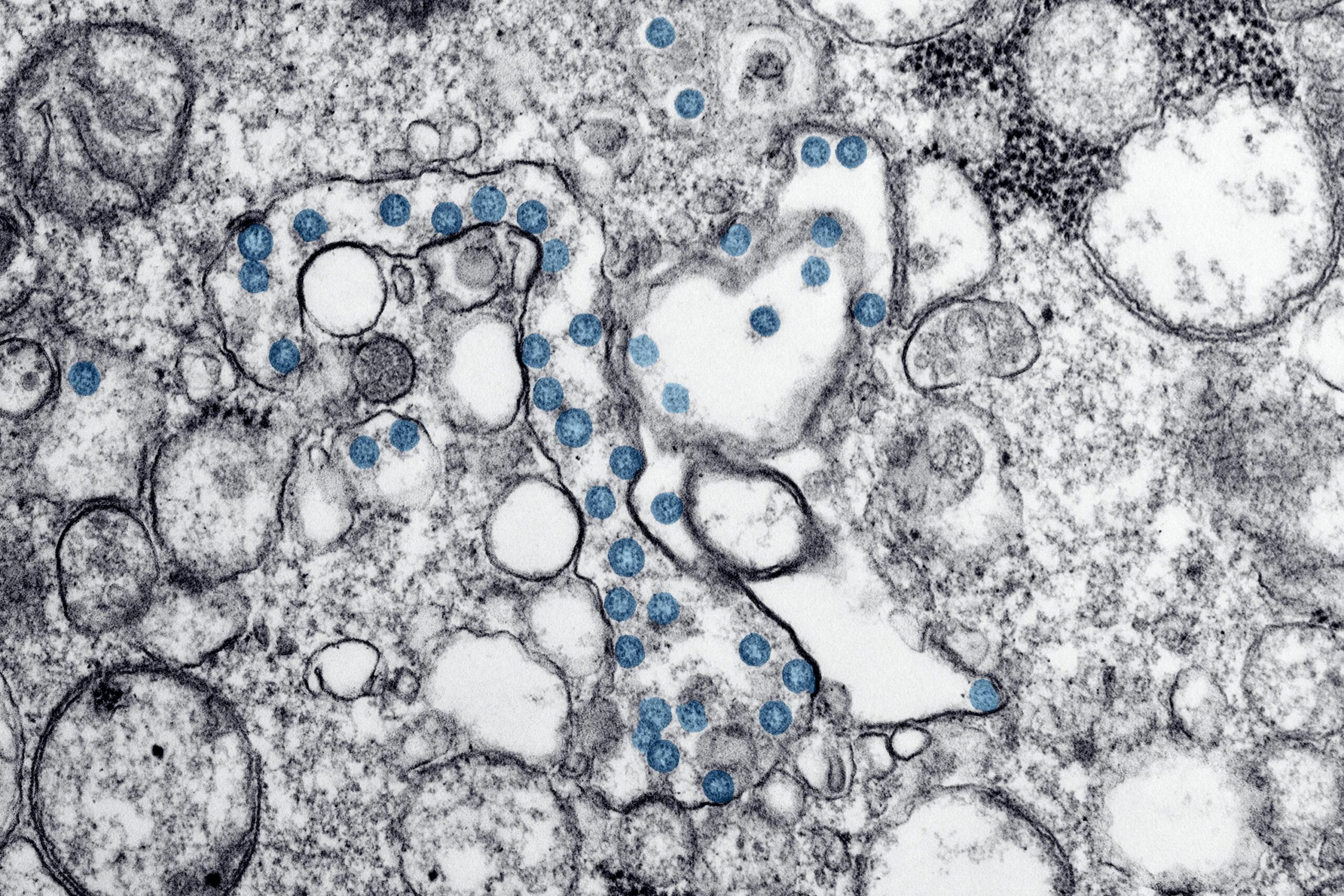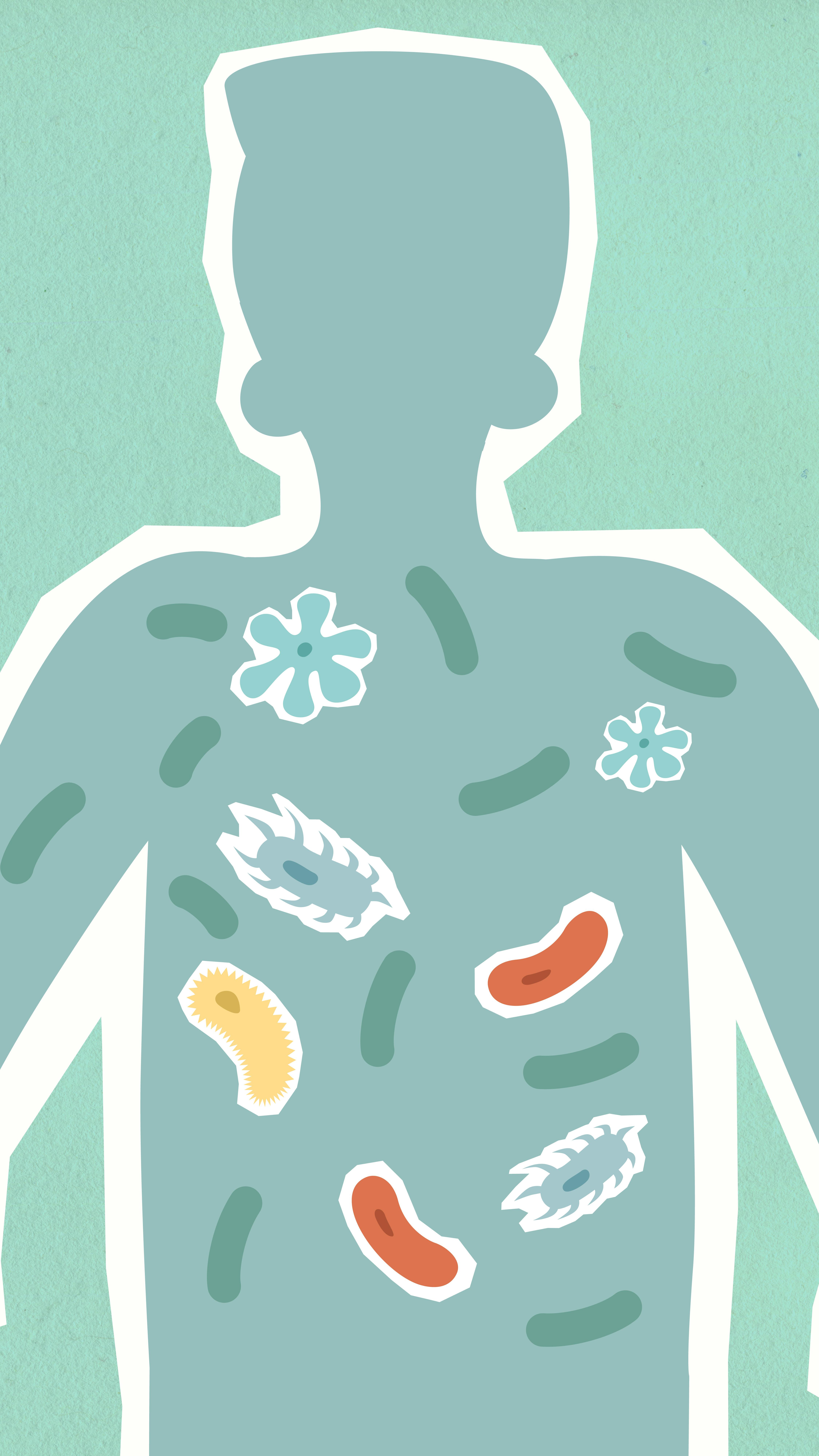Vitamin B-12 is essential to creating healthy red blood cells and nerve cells, and a new study from the University of California-Riverside suggests your gut bacteria also needs it. Their findings showed gut bacteria have “sex” to transfer their genes and share the vitamins with others.
“The process involves one cell forming a tube that DNA can pass through to another cell,” says Patrick Degnan, a UCR microbiologist and lead author of the study in a press release. “It’s as if two humans had sex, and now they both have red hair.”
Scientists have known that microorganisms can transfer genes (jumping genes) to others. However, it’s mainly been studied to keep bacterial cells alive after ingesting antibiotics.
The new study shows the use of jumping genes isn’t limited to antibiotic resistance. It’s also used to keep gut bacteria alive by sharing vitamin B12.
The discovery came after Dr. Degan was attempting to identify the transporter in jumping genes responsible for getting vitamin B12 in gut microbial cells. However, he soon realized the vitamin B12 transporters were the cargo.
Expanding on these findings, his team collected and placed bacteria that could transport B12 and others that could not on a dish. Being in close proximity allowed the bacteria to form a tube called a sex pilus that facilitated the transfer of B12.
Afterwards, the researchers found the bacteria that previously could not transport B12 had now acquired the genes to do so.
The gut bacteria used in the study are called Bacteroides which is important for breaking down complex carbohydrates for energy. They also work in tandem with other bacteria to create a barrier around the gut to ward off harmful pathogens.
“The big, long molecules from sweet potatoes, beans, whole grains, and vegetables would pass through our bodies entirely without these bacteria. They break those down so we can get energy from them,” Dr. Degnan explained.
The study is published in the journal Cell Reports.











